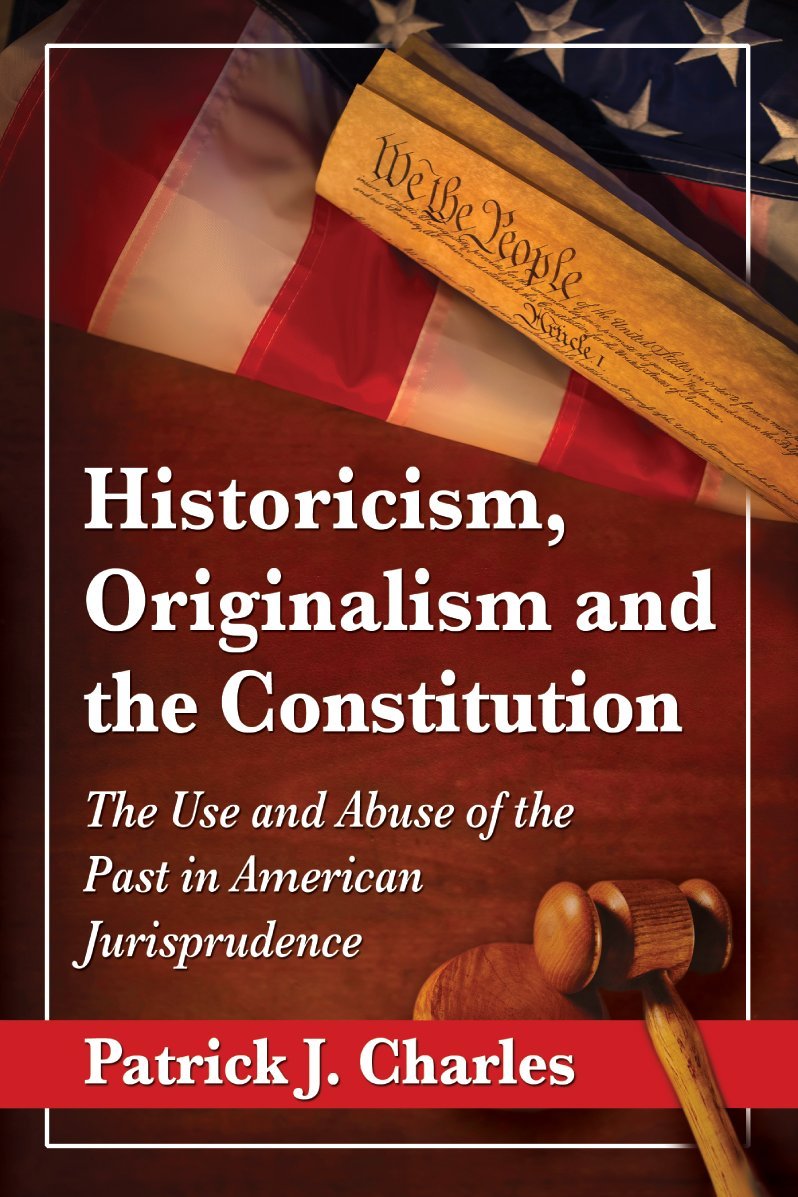The use of history in law is a time honored tradition. Over the years the practice has assumed many forms, including historicism, intentionalism, interpretivist history, law office history, historical narrative, originalism, etc. This book picks up where past commentators have left off in this time honored debate. The different historically based approaches to adjudicating constitutional questions are weighed and considered, particularly originalism, and asserts that history in law is only legitimate if it leads to accurate results.Hat tip: Legal Theory Blog
The book then proposes an approach to accomplish the objectives of historical accuracy and objectivity, and therefore legitimacy. Known as the historical guidepost approach, it respects historical methodologies, places text and events in their historical context, is honest about what the evidentiary record does and does not provide, mitigates judicial mythmaking, and applies history as more of a guide to legal reasoning than a strict outcome-determinative tool.
Wednesday, January 22, 2014
New Release: Charles, "Historicism, Originalism and the Constitution"
This spring McFarland & Company will release Historicism, Originalism and the Constitution: The Use and Abuse of the Past in American Jurisprudence by Patrick J. Charles (U.S. Air Force). In the meantime, the book's preface is available on SSRN. Here's the abstract:
